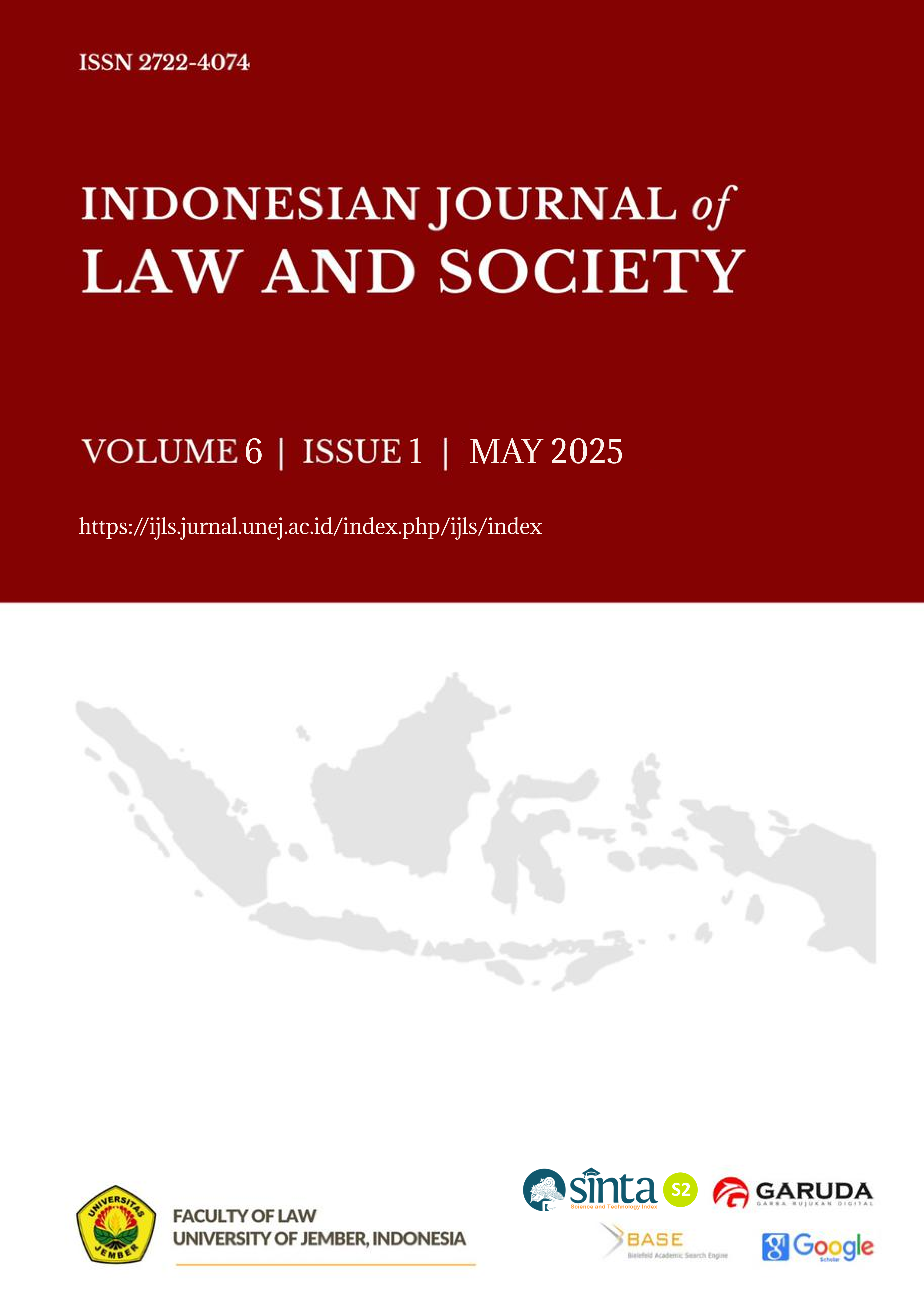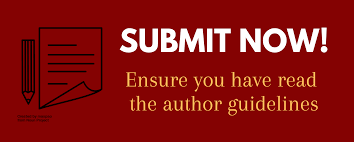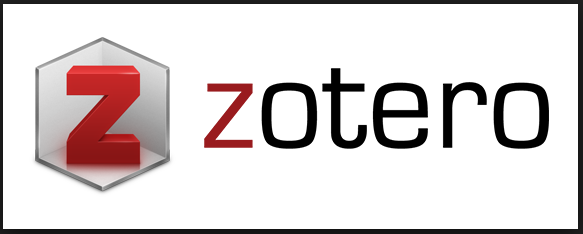Reconceptualizing Environmental Access Justice in the Era of Ecological Crisis
A Utilitarian Ethical Perspective
DOI:
https://doi.org/10.19184/ijls.v6i1.53699Abstract
Equitable access to a clean and healthy environment has become a central issue in the discourse of sustainable development, especially when the unequal distribution of resources and ecological burdens exacerbate social marginalization. This article aims to examine the ethical dimension of this issue through the lens of utilitarianism, a moral approach that assesses actions based on their consequences for collective well-being. Using qualitative methods based on literature studies and a normative philosophical approach, this study critically examines the relationship between utilitarian principles and the issue of fair access to the environment. The results of this study show that the issue of the right to a clean and healthy environment is an ethical issue that is closely related to human dignity and social justice. Inequality in access to environmental resources reflects the unequal power relations between the state, corporations, and local communities, with vulnerable groups such as indigenous peoples, fishermen, women, and the urban poor often becoming victims of exploitative development. This study offers novelty by critically and reflectively integrating the utilitarian approach into a participatory and multilevel environmental justice framework. Rather than rejecting utilitarianism entirely, this approach suggests that enriched with principles of procedural justice, basic rights, and the intrinsic value of nature, utilitarianism can be an adaptive and inclusive ethical instrument. The novelty of the study is that by examining cases in Indonesia, it emphasizes the importance of a paradigm shift towards ecological justice through synergy between ethics, law, education, and civil society movements.
Downloads
Downloads
Published
Issue
Section
License
Copyright (c) 2025 Indonesian Journal of Law and Society

This work is licensed under a Creative Commons Attribution 4.0 International License.
The Indonesian Journal of Law and Society has CC-BY-SA or an equivalent license as the optimal license for publishing, distributing, using, and reusing scholarly work. Authors who publish with this journal retain copyright and grant the journal right of first publication with the work simultaneously licensed under a Creative Commons Attribution-ShareAlike 4.0 International License that allows others with permission from the publisher to share the work with an acknowledgment of the work's authorship and initial publication in this journal.












